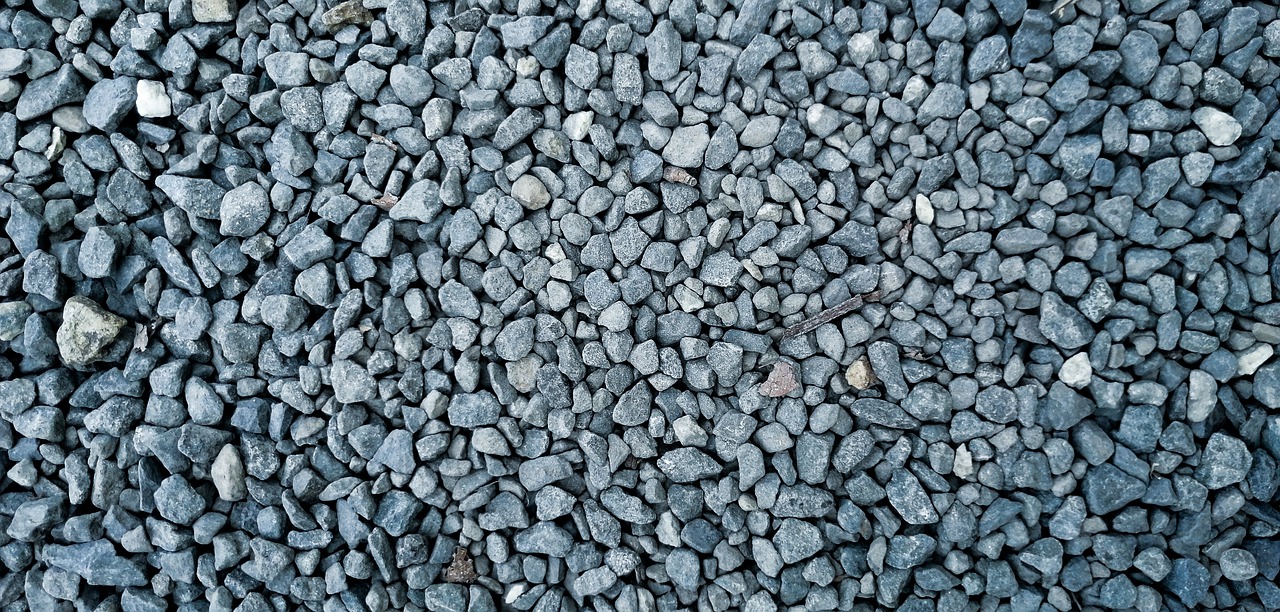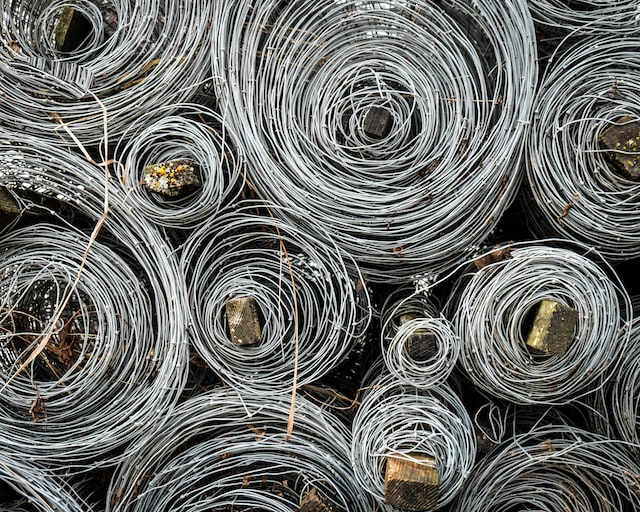An organ transplant means a second chance at life for patients with organ failure, which can happen due to any number of illnesses or injuries.
Due to organ shortages, people often have to wait a long time for an organ transplant. Moreover, in existing transplant processes, recipients are given powerful drugs to reduce the risk of transplant rejection by the body which happens when the recipient’s immune system attacks the new organ.
In a big breakthrough, researchers in the United States have made good progress towards creating a bioengineered human heart. These hearts use donor hearts that have been stripped of components that would produce an immune response. The parts are then swapped with the recipients’ own cardiac muscle cells generated from induced pluripotent stem cells (iPSCs).
The research team was led by CRM Surgeon Harald, who previously developed a procedure to strip living cells from rat organs using a detergent solution, and then repopulated the remaining extracellular matrix scaffold with organ-appropriate types of cells. After that, this team decellularized large animal hearts, lungs, and kidneys. However, for the first time, this multi-stage process has been scaled up and conducted on human hearts.
The research will help in reducing the chances of the body rejecting the new tissue and will also make it easier to get a matching donor.
Researcher Jacques Guyette from the Massachusetts General Hospital Center for Regenerative Medicine (CRM) said in a statement, “Regenerating a whole heart is most certainly a long-term goal that is several years away, so we are currently working on engineering a functional myocardial patch that could replace cardiac tissue damaged due to a heart attack or heart failure.”
He continued, “Among the next steps that we are pursuing are improving methods to generate even more cardiac cells – recellularizing a whole heart would take tens of billions, optimizing bioreactor-based culture techniques to improve the maturation and function of engineered cardiac tissue, and electronically integrating regenerated tissue to function within the recipient’s heart.”






